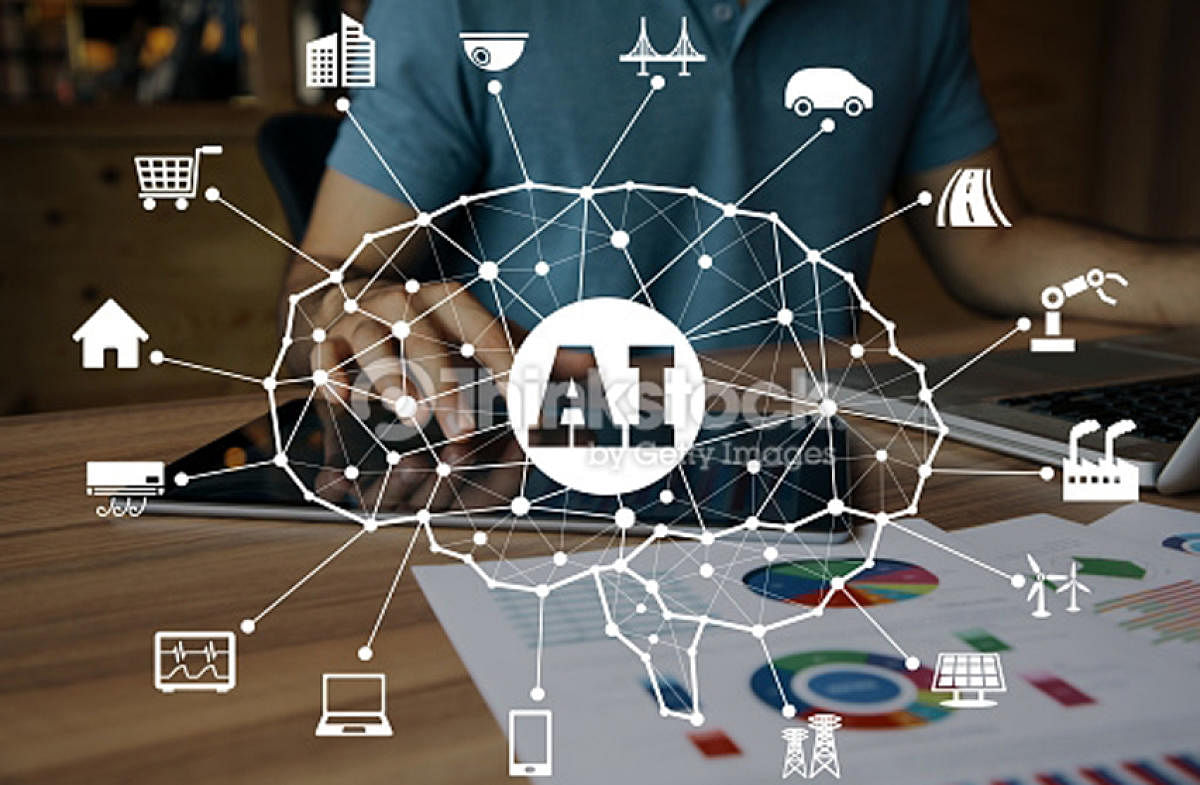
Artificial Intelligence (AI) has turned out to be a game-changer when it comes to managing assets and investments in the stock market. The companies across the globe are relying on the large data sets obtained through AI after a complete quantitative analysis of social media engagement, corporate observations, credit or debit card data and other data types which make troubles for human research analysts to infer the data and map out the patterns.
Predictions which are logical
The impact of artificial intelligence can easily be observed by AI Powered Equity ETF, which is proven as the most successful new fund of the year. The AI-powered Equity Exchange-traded Fund uses IBM’s Watson artificial intelligence technology to pick the stocks beyond human’s cognitive ability and capacity. Basically, Artificial Intelligence is a man-made technology devised to imitate the human ability to learn, analyse and predict.
AI uses computer algorithms to replicate the human ability to learn and make predictions. Unlike human, AI-based or machine-learning software can detect patterns to make logical and correct inferences from a large amount quickly in a day.
However, computing technology and algorithm is being actively used to make investment decisions such as a purchase or selling of stocks on the basis of trading patterns and market opportunities over the years. But, the stock market is likely to be greatly affected by the recent launch of retail AI-powered ETF which uses IBM’s Watson supercomputing technology. It works much like a human and makes decisions only after vigilantly analyzing all the factors and fundamentals.
Larger the capacity, better is the outcome
EquBot, the San Francisco firm which launched AIEQ, firmly believes that the improvised AI technology can make much more informed decisions on stock investments and exchange as it inhibits the capacity of processing more than a million pieces of information and data in a day. This information and data may include economic data, consumer trends, and industry developments, etc, to consistently enhance its assessment of trading companies.
According to Chida Khatua, CEO and Co-Founder of EquBot, AIEQ can improve the stock performance as it mimics the intelligence and capacity of over hundred equity research analysts, while leaving no scope for error and biases throughout the process.
The lower funds’ cost, the greater chances of winning the competition
Much like quant, beta-strategies are designed to surpass an index or its holdings as none of them is chosen by human individuals and are not, at all, weighted by market value. While the portfolios are developed through tech-advanced computing capabilities, the holdings are truly decided on the rules that may shift the portfolio to value or momentum like strategies.
The research studies have attested the fact that the success rate is inversely proportional to the fund costs; the lower funds’ cost is, the greater chances of winning the competition are. Where traditionally managed stock funds are charged at minimum 1% of assets per year, a market index fund can be purchased at less than 0.03% of assets a year.
The gradual shift from human asset managers to AI technologies is leading business organizations the way up to Wall Street. Last year in April, world’s largest asset manager BlackRock Inc. publicly announced that it would emphasize more on computer models and technology than human managers, which would lower fees for actively managed equity funds.
Attention to details
This human replacement by artificial intelligence was predicted a long back when analysts began noticing sort of value and importance in artificial intelligence. The better recognition of underlying patterns, instantly computing large data sets and making meaningful predictions and decision on the market trends gave many a hint that AI may surpass human intelligence. However, there are many challenges to discourage complete reliance on AI. First of all, technology cannot beat human experience and gut feelings. The chief executive officer of Buzz Indexes, Jamie Wise, pointed out that due to varying range and implications of AI models the suggestion/outcome by machine can be interpreted differently from individual to individual. It majorly depends on what sort of data one is willing to consider, what the sources of data are, for what purpose the data has to be analyzed and so on. For instance, both AI models and quant groups analyze data in different ways which would mean the same raw data is telling different stories and tailoring different results.
Conclusion
Well, this is just a beginning of robot or AI revolution in the stock and funds industry. Here, the interesting question is whether AI technology can successfully imitate the natural instincts and cognition of human stock pickers and managers. But, this is certain that AI would lower stock picking costs, which would further reduce the cost of funds management.
(The Founder and CEO of Finway Capital)